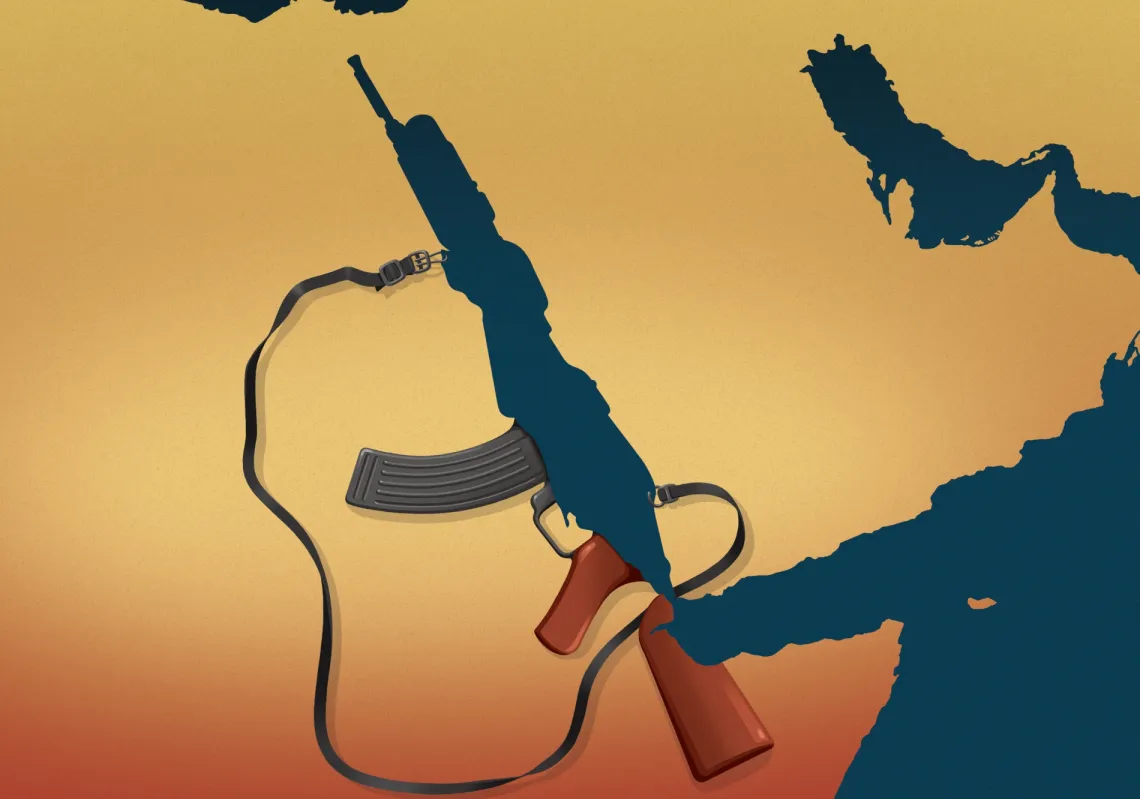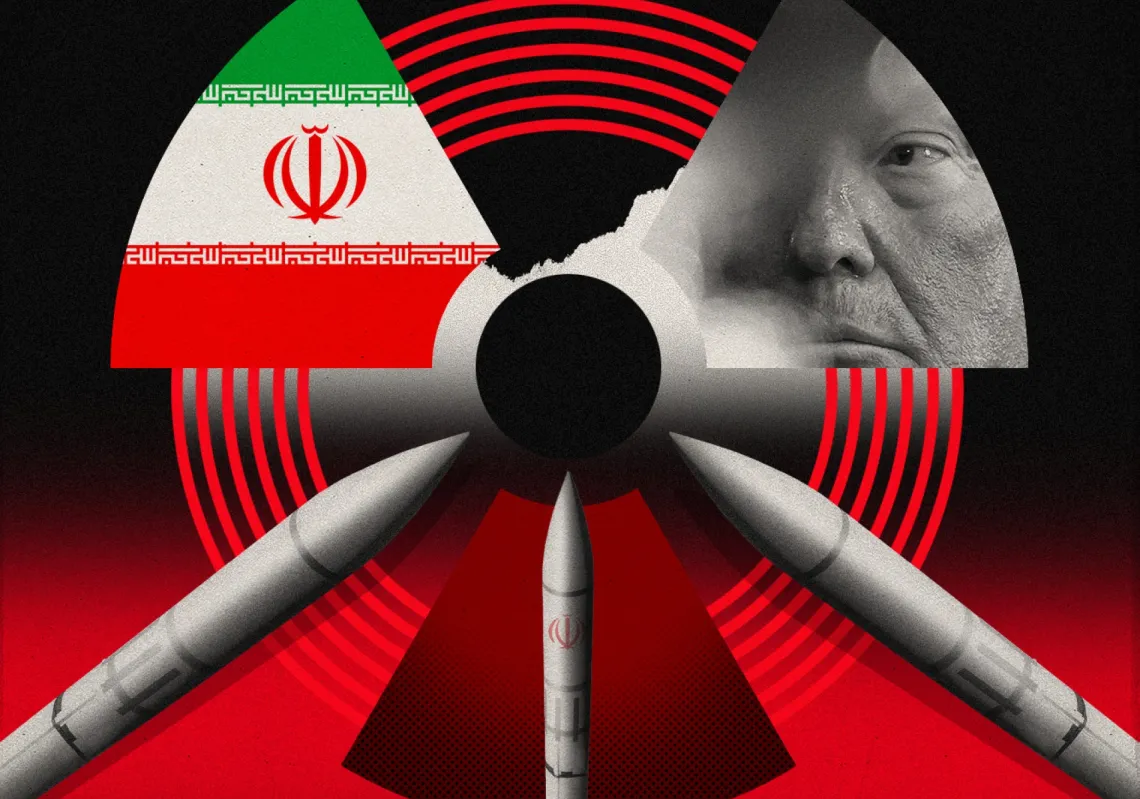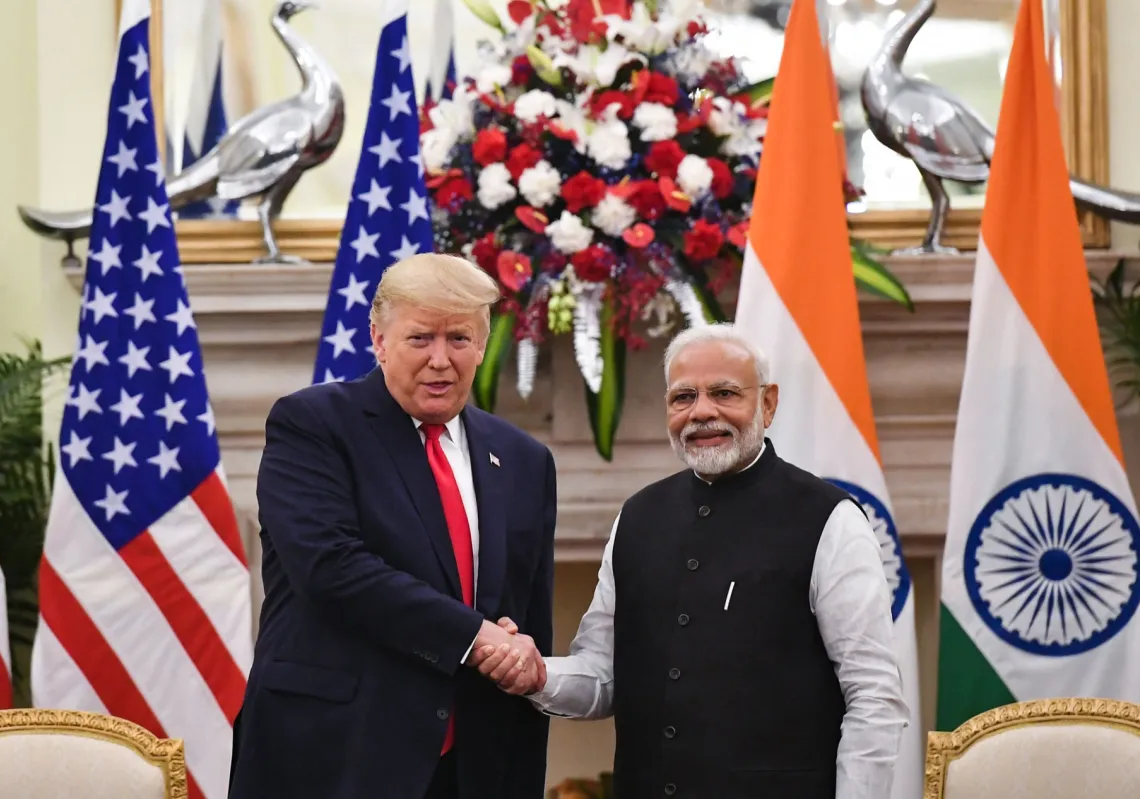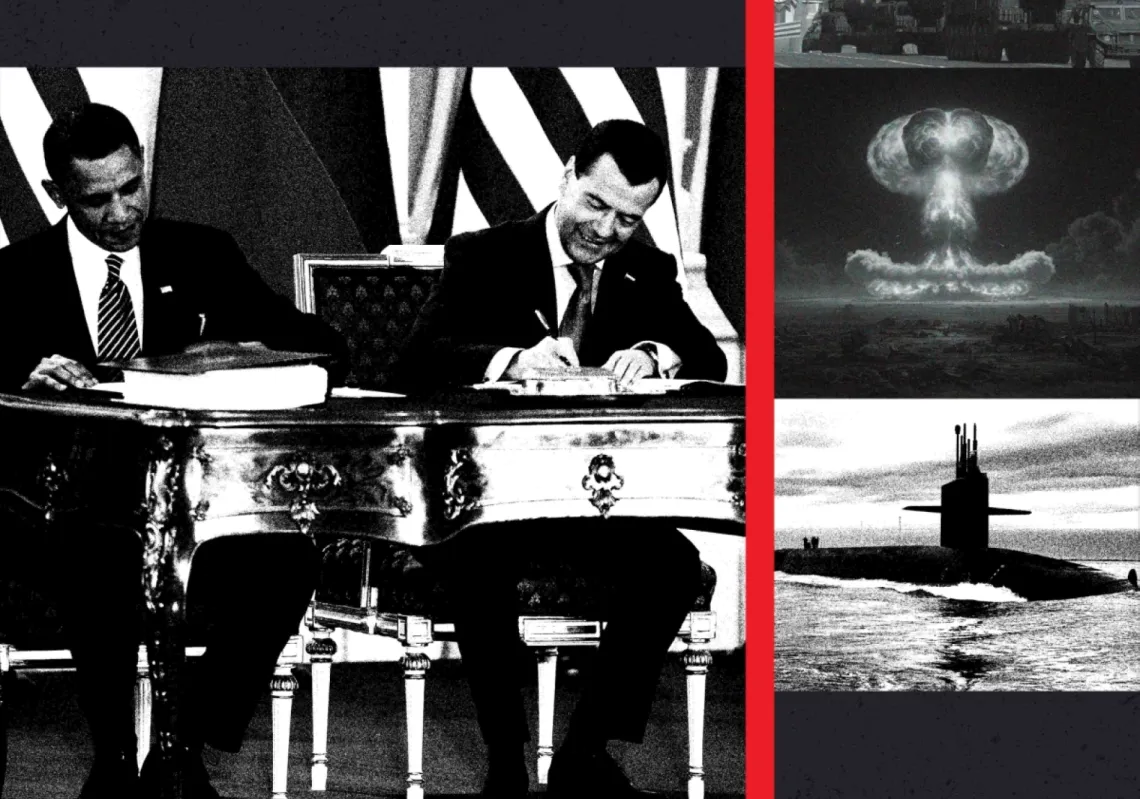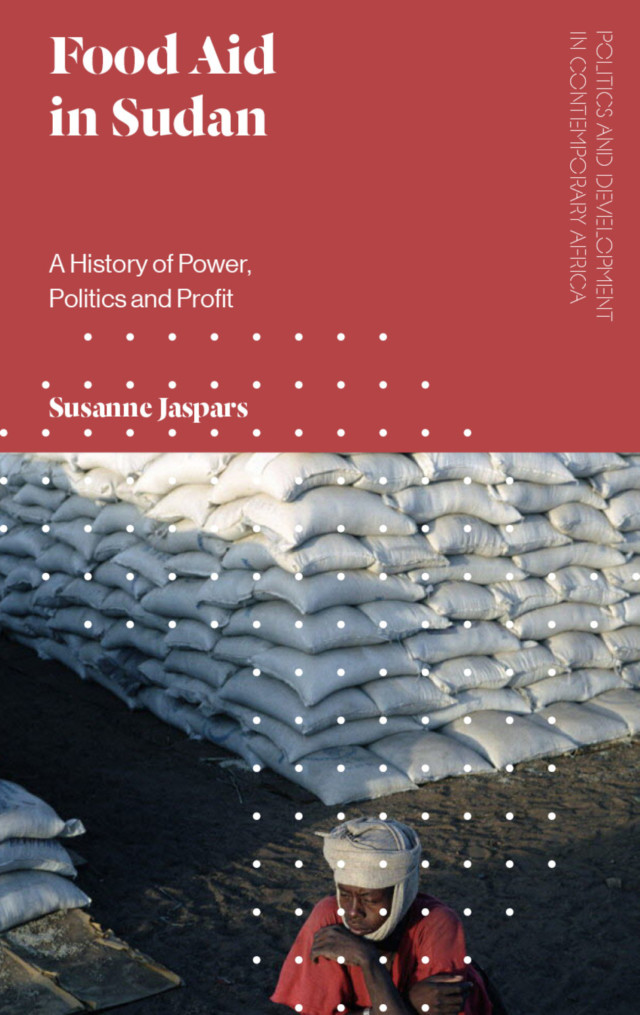
Jaspars begins this lively history of international food aid in Sudan by noting that the country has received foreign assistance for over 50 years and yet much of its population still has barely enough to eat. According to UN estimates, over six million Sudanese needed emergency help in 2016. Jaspars documents how ideas about food aid have changed over the decades but shows that successive reforms have failed to address key problems. She is particularly scathing about what she describes as the “medicalization” of food aid, under which programs no longer aim to ensure broad, self-sustaining access to food; they are designed merely to help people grow more resilient so that they can survive despite chronic insecurity. Jaspars concedes that donors, aid workers, and governments in Sudan and abroad have learned a lot about how to deliver food aid over the last half century, but she argues that this expertise is often ill used. Much of the food does not go to the most needy because the Sudanese government allows politics to dictate who gets what and donors either acquiesce or partly withdraw from the country in the face of political meddling.



